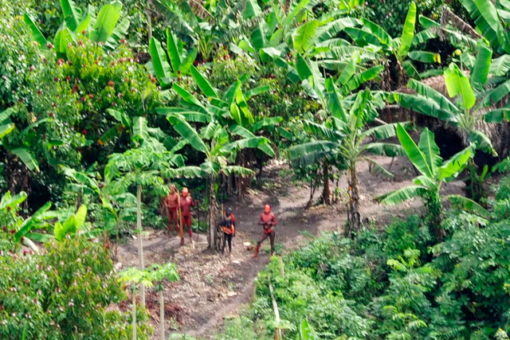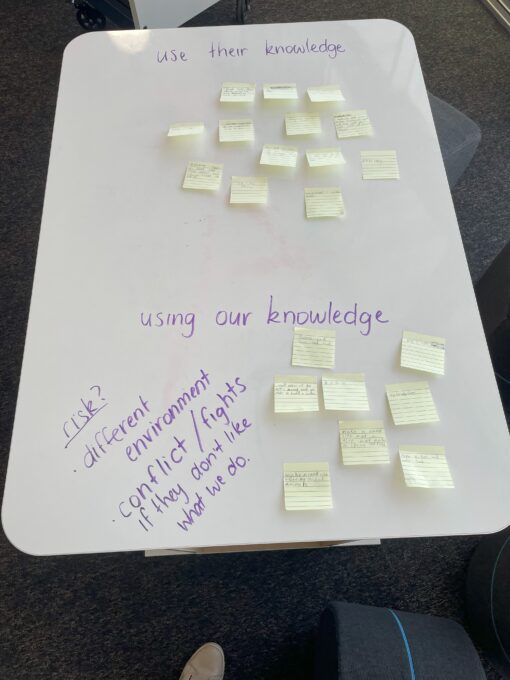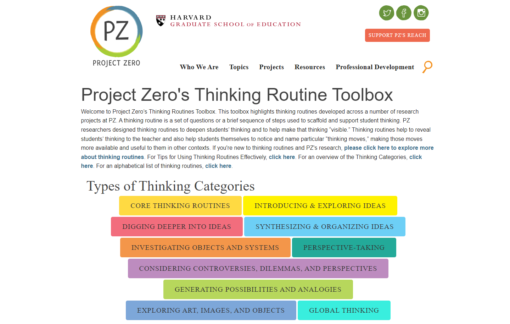As part of a library lesson supporting the Stage 2 NSW History unit First Contacts, I presented a Year 3 class with this image.

Image from https://www.independent.co.uk/
Students were asked what they would do if they arrived in this setting as part of a group of 20 people and needed to survive here.
We completed the Generate-Sort-Connect-Elaborate (GSCE) thinking routine to think a little ‘deeper’.
First….GENERATE: Students wrote their response on a post-it note.
Next…SORT: We read the responses and grouped any that were similar.

Then…CONNECT: We took a closer look at the content of the notes and found that one group of post-it notes suggested that we would use the skills and resources we found in the new location, to build a shelter and source food. The second group of post-it notes suggested asking the people living in that setting for advice on how to survive.
Finally…ELABORATE: We took time to go a little deeper and ponder some questions.
Questions
Questions we discussed in depth were:
- How could we communicate with the native inhabitants of this area?
- How would our arrival in this land compare to European arrival in Australia in 1788?
- If we decide to use our own knowledge and do things ‘our way’ what are the risks? Conflict? Death?
- The new environment is different to the one we live in. What impact will that have on our survival?
Discover more at Project Zero
GSCE is such a great thinking routine. You can read more about Generate-Sort-Connect-Elaborate on the Project Zero (Harvard) website. Click on the image below to access the website.
This PDF is from the Project Zero website. Consider how you might use the routine to organise your understanding of a topic.
Build the Mood.
To add an extra layer to the lesson, jump onto bensound.com and ask students to identify an instrumental track that would capture the feeling of the tribe, and that of the explorers. My class loved...stellarcatharsis.


